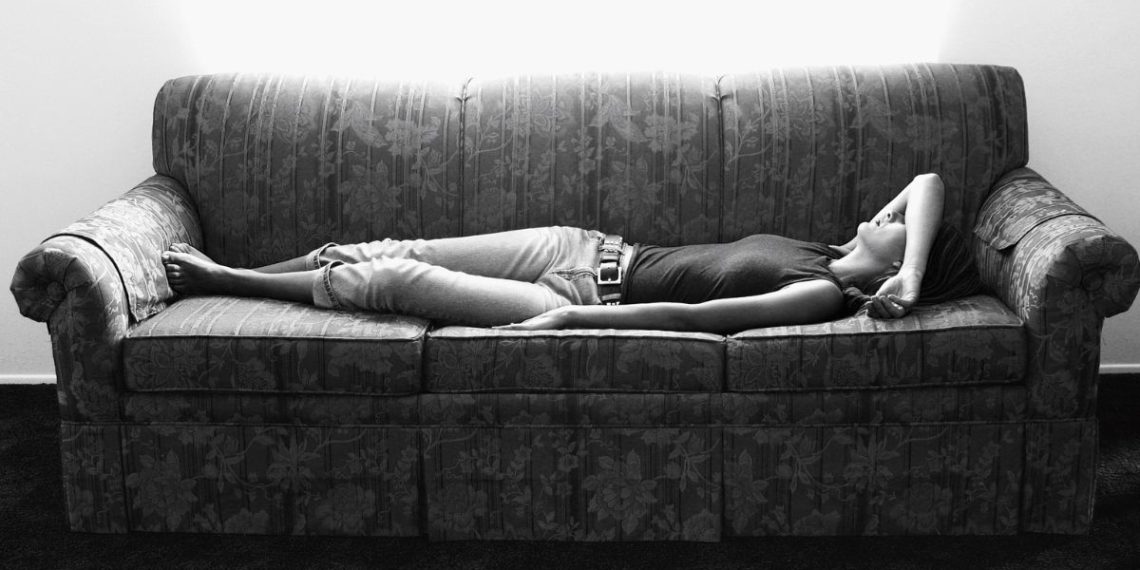You are not crying. You’re just tired.
You are not zoning out. You’re just tired.
You are not snapping at people for no reason… you’re just tired.
But it’s not the kind of tired that sleep fixes.
It’s that deep, foggy, can’t-think-straight kind of tired that’s become so normal, most of us don’t even realise we’re living with it. That, right there, is the problem.
We’re walking around mentally exhausted, pretending everything’s fine.
So, what exactly is mental exhaustion?
It’s not about how much sleep you got last night (though that helps).
Mental exhaustion is what happens when your brain is constantly “on.” It’s trying to juggle too much — work stress, emotional drama, family responsibilities, the mental tabs you keep open for everyone but yourself.
It’s the mental load of adulting, parenting, surviving, achieving, holding it all together.
Symptoms:
- You can’t focus on anything for more than 5 seconds
- You scroll endlessly but can’t remember what you saw
- You forget simple things
- You feel numb or flat
- Small things feel like a lot
- You feel like you’re running on empty even after resting
And somehow… it’s become normal.
Why does it feel so “normal”?
Because nearly everyone around you is dealing with it too.
We wear burnout like a badge. We normalise hustle. And we power through, answer emails at midnight, and laugh off breakdowns like it’s just “one of those days.”
It doesn’t help that the world doesn’t slow down either. Deadlines, news cycles, school runs, social media, emotional labour — it’s a lot. Constantly.
We’ve trained ourselves to believe this is just how life is.
If you’re tired, you need to “push through.”
Feeling burnt out means you just need “better time management.”
When you’re falling apart, well… don’t talk about that. Just get on with it.
This isn’t sustainable
Mental exhaustion isn’t something you can ignore forever.
Eventually, it shows up — in your body, in your mood, in your relationships. And when it does, you might not even realise it’s the reason everything feels harder than it should.
You start blaming yourself for not coping better. But your brain is doing too much for too long, and it’s tired of pretending it’s fine.
What do you do when this kind of tired won’t go away?
You start small. You start real.
- Name it. You don’t need to justify your exhaustion. If you’re tired, you’re tired. Full stop.
- Rest your brain, not just your body. That might mean quiet time, journaling, saying no, or just not solving everyone’s problems for a day.
- Be boring on purpose. Not every moment needs to be productive or stimulating. Let yourself be.
- Lower the bar. You’re allowed to do less. You’re allowed to just get through today.
- Talk about it. The more we normalise checking in instead of checking out, the less alone this all feels.
If you’re mentally exhausted and you keep telling yourself to just “push through,” maybe what you need isn’t more effort — maybe you need permission to pause.
This version of normal isn’t healthy. It’s not okay to always feel “not okay.”
You deserve rest. You deserve ease. Not just when everything is done — but because you’re a human being, not a machine.
Reviewed April 2025. Always consult a professional for individual guidance.


